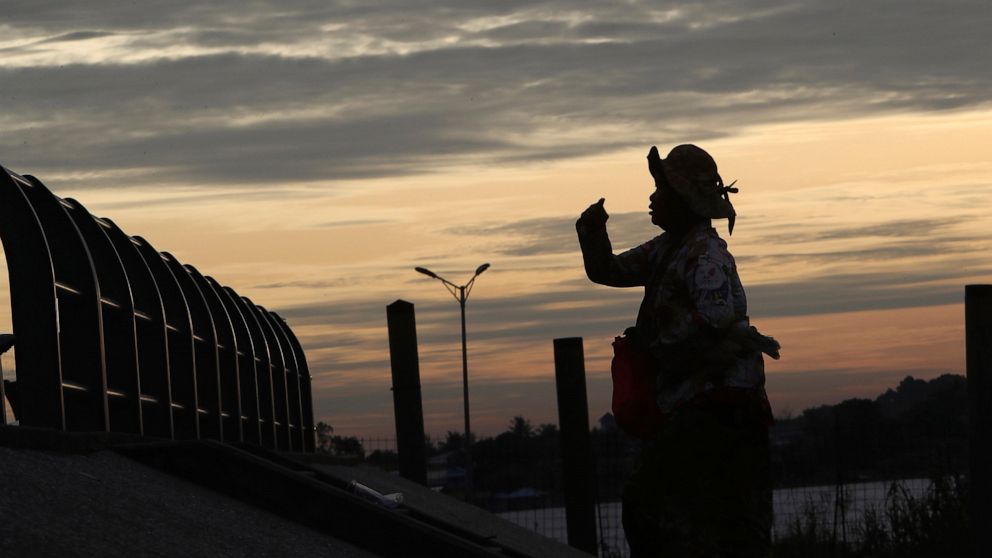PHNOM PENH, Cambodia — Southeast Asian foreign ministers are gathering in the Cambodian capital for meetings addressing persisting violence in Myanmar and other issues, joined by top diplomats from the United States, China, Russia and other world powers amid tensions over the invasion of Ukraine and concerns over Beijing’s growing ambitions in the region.
The meeting in Phnom Penh of the Association of Southeast Asian Nations will see U.S. Secretary of State Antony Blinken and Russian Foreign Minister Sergey Lavrov together at the same venue for the second time in a month, though it’s not clear whether the two will meet.
The two did not meet separately when they both attended the Group of 20 foreign ministers’ meeting in Bali, Indonesia, in early July. But they had their first direct contact since before Russia invaded Ukraine in a phone call Friday, when Blinken urged Moscow to accept a deal to release American detainees Brittney Griner and Paul Whelan and discussed other issues.
Also attending is Chinese Foreign Minister Wang Yi. Many have urged Beijing to use its partnership with Russia to push for an end to the conflict in Ukraine and to help promote peace and a return to civilian rule in Myanmar after a February 2021 coup sparked mass protests and an armed resistance.
The meetings come at a time of tension between Washington and Beijing as the U.S. pushes back against China’s growing economic and military influence in the Asia-Pacific.
U.S. House Speaker Nancy Pelosi is touring the region and may visit Taiwan. That has heightened friction further, with Chinese Foreign Ministry spokesperson Zhao Lijian cautioning last week that “those who play with fire will perish by it.”
Communist-ruled China considers Taiwan its own territory, and has said it might reclaim the island by force if it deems it necessary. The U.S. follows a “one China” policy in which it recognizes Beijing as the government of China yet maintains informal relations and defense ties with Taiwan.
In a call last week with U.S. President Joe Biden, Chinese leader Xi Jinping objected to the possibility of a Pelosi stop, which would be the highest-level U.S. visit to Taiwan in more than 25 years.
The Russian invasion of Ukraine, its impact on global food and energy prices and escalating China-U.S. friction are of high concern for the 10 ASEAN nations, said Susannah Patton, director of the Southeast Asia Program for Australia’s Lowy…
Click Here to Read the Full Original Article at ABC News: International…

